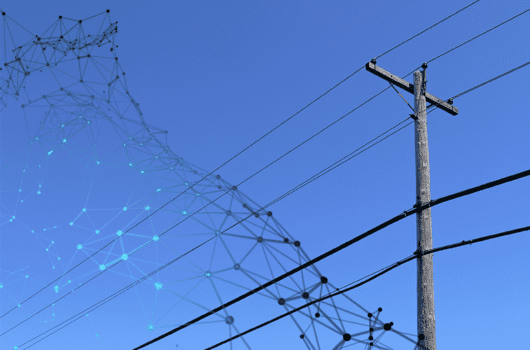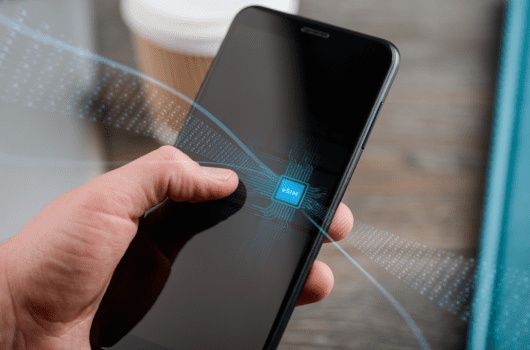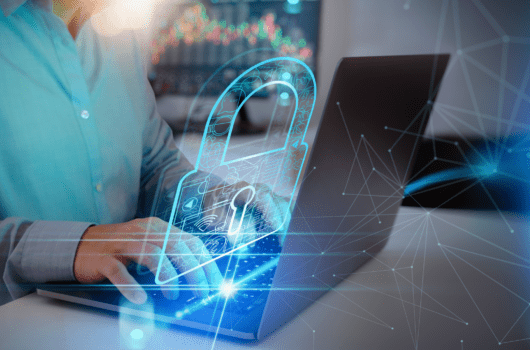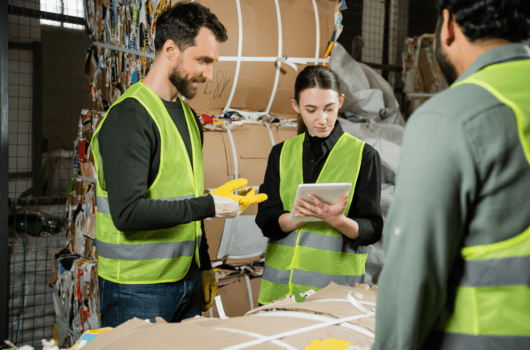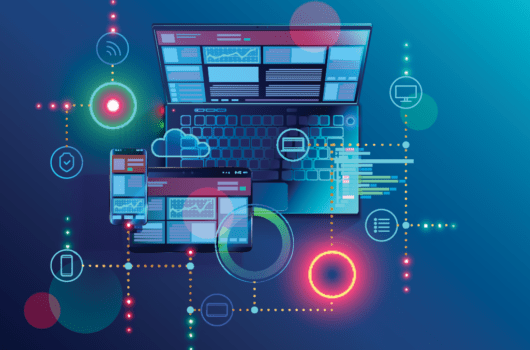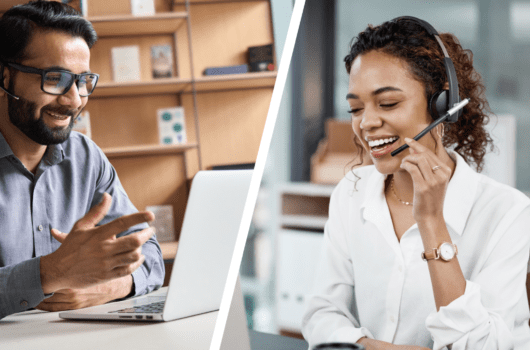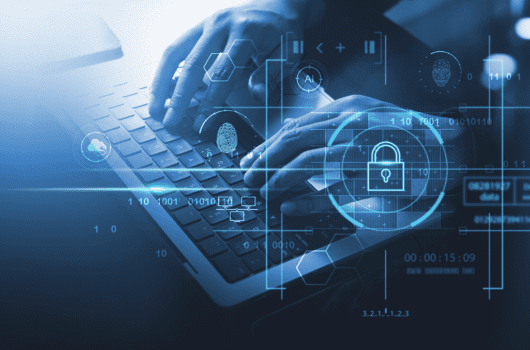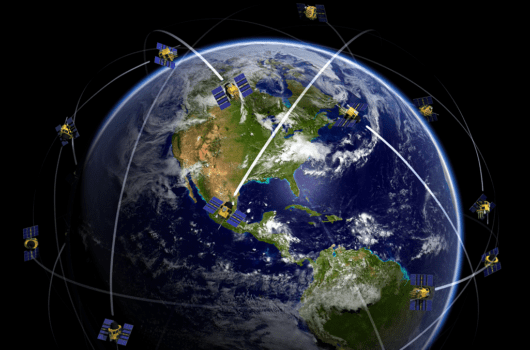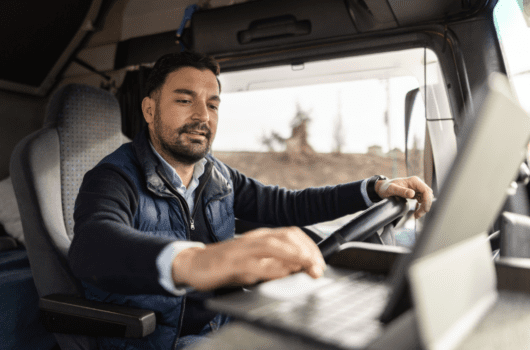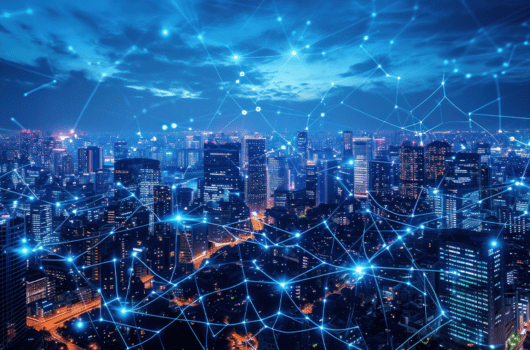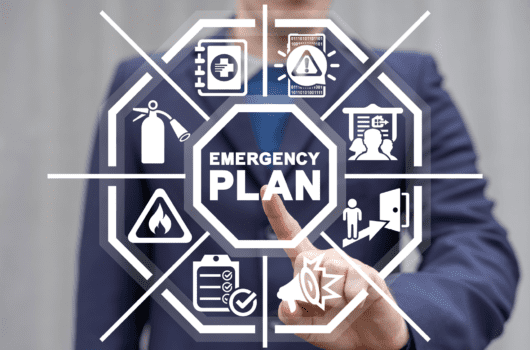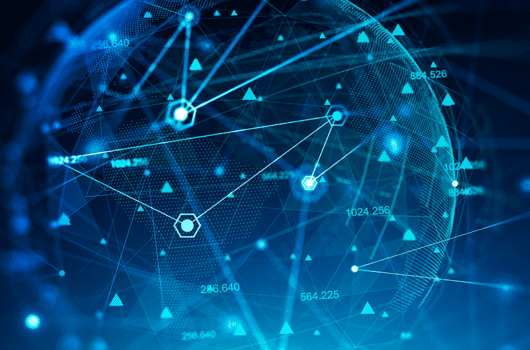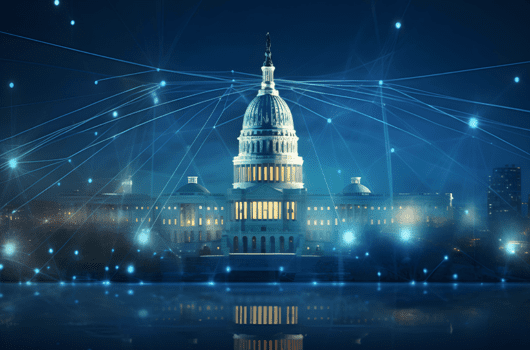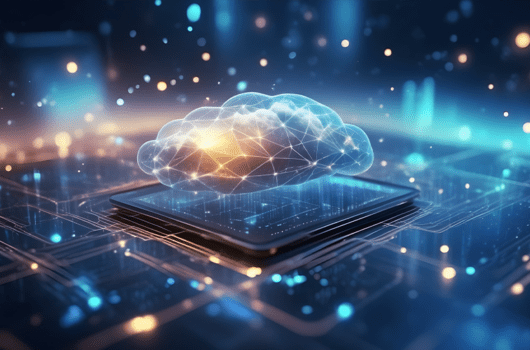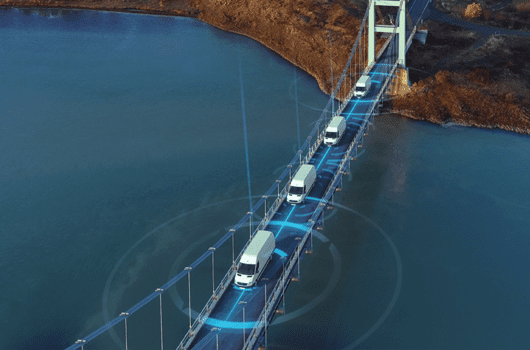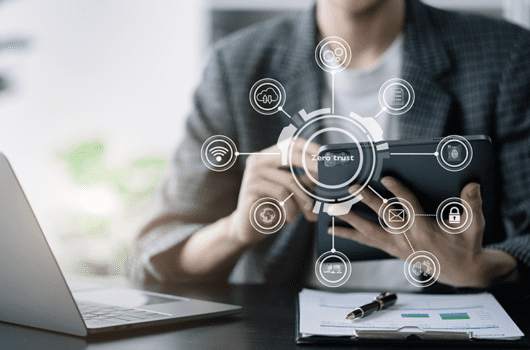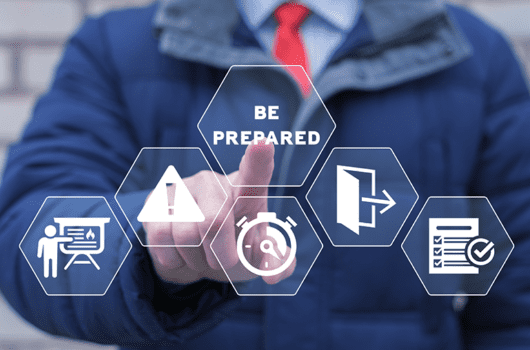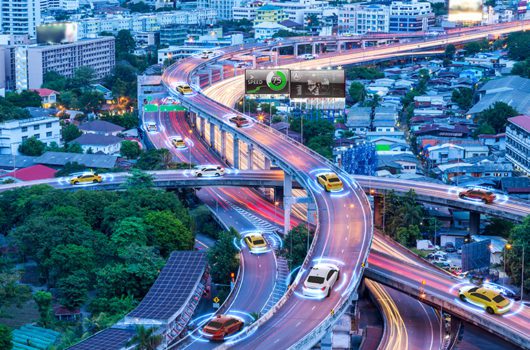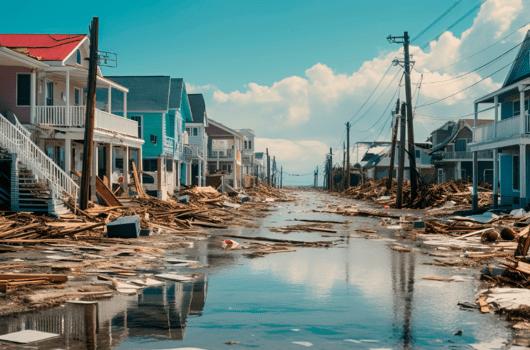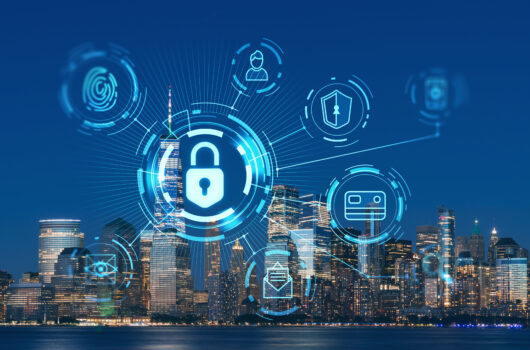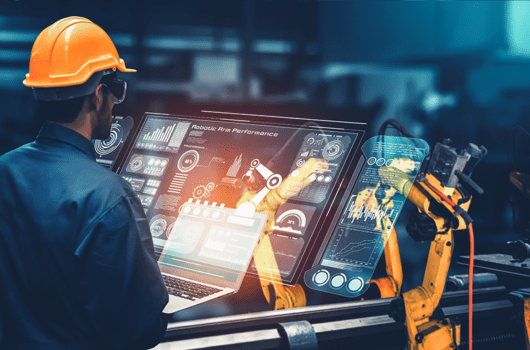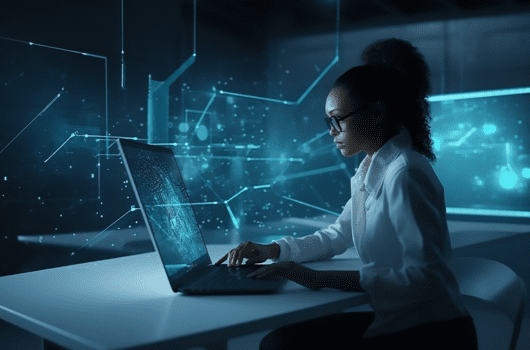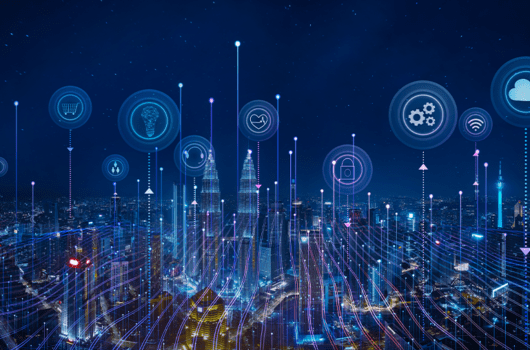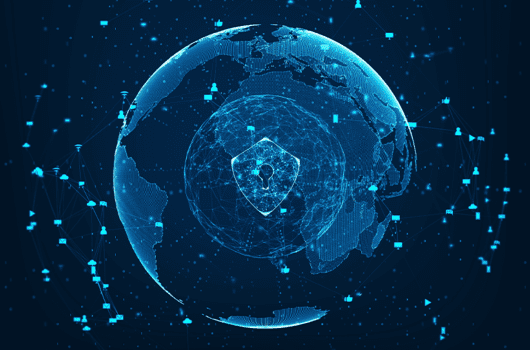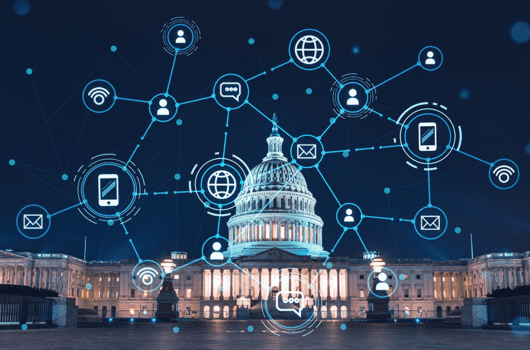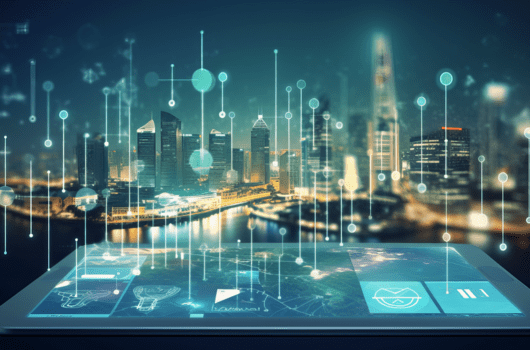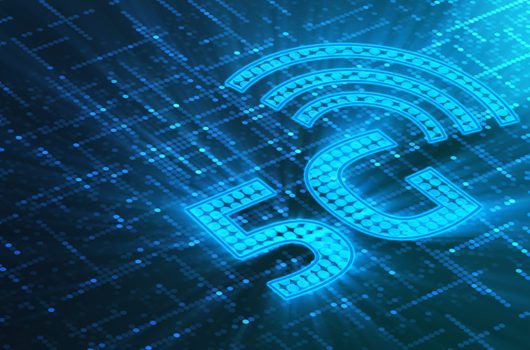Why Companies Depend on Plain Old Telephone Services (POTS) What is POTS? Plain old telephone services, or POTS, have been around in some form since 1876. By the mid-2010s, many businesses began taking steps to reduce dependency on analog POTS, partly due to the mass migration to VoIP and partly due to the FCC’s decision…

Powered by Bruin
-
Federal EIS Portal
Portal for federal employees and agencies with dashboard, invoice and inventory management, reports, help desk, ordering and more.
Sign in -
Bill Pay Portal
Customer billing portal to access and pay
Sign in
your MetTel invoice. -
Agent Portal
Sales information portal for agent
Sign in
partners.

Blog
-
-
If you’ve purchased a new smartphone or IoT device recently, you may have noticed something different about activating your service—there was no physical SIM card involved. That’s because these devices are using embedded SIM (eSIM) technology, which has rapidly been adopted as an innovative alternative to traditional SIM cards. How do eSIM cards work? Unlike…
-
Businesses rely upon online systems and networks to stay connected, productive, and secure 24/7. But as the complexity of digital operations grows, so do the risks: cyberthreats, system failures, and even natural disasters. How do businesses ensure their networks can withstand disruptions? This is where resilient networks come into play. Network resilience, meaning the capacity…
-
MetTel’s Single SIM Can Change the Way You Work Is your organization struggling to keep your mobile employees connected and productive? In today’s fast-paced business environment, seamless connectivity is crucial, yet many companies face significant challenges in providing reliable mobile access for their employees. The result? Decreased productivity, hindered data collection, and frustrated team members. …
-
Business success increasingly relies on the security, performance, and cost-efficiency of its IT infrastructure. This makes having a secure hybrid network a top priority of many organizations. But what is a hybrid network, and what are its unique advantages? A hybrid network leverages multiple types of connectivity technology, such as wired Ethernet and enterprise mobility…
-
The Internet of Things (IoT) is revolutionizing healthcare delivery at every level. The benefits of IoT in healthcare are far-reaching, positively impacting patients, practitioners, healthcare organizations, and related industries such as cybersecurity and insurance. But what do these IoT telehealth solutions look like in the real world? Let’s look at some of the ways IoT…
-
Organizations with distributed workforces constantly seek solutions to manage their networks and improve operational performance. Wide-Area Networks (WANs) can be expensive and often pose performance, connectivity, and management challenges. Software-Defined Wide-Area Network (SD-WAN) technology acts as a virtual route planner, selecting ideal network paths, providing multiple route options, and managing network traffic and security. This…
-
Digital transformations continue to drive many companies to transition to cloud-based services. UCaaS vs. CCaaS has become a hot topic for groups of all kinds. For businesses whose goal is increased productivity, these platforms facilitate faster, more straightforward exchanges between distributed internal teams that serve customers. While adopting UCaaS and CCaaS improves efficiencies and workflows,…
-
Artificial intelligence (AI) isn’t just a buzzword; it’s reshaping the very fabric of network services. MetTel is thrilled to announce an unprecedented achievement that underscores our commitment to AI-driven innovation: we’ve been recognized as a Leader in the Gartner Magic Quadrant for Managed Network Services for the fifth consecutive year. This distinction makes us the first and only…
-
The emergence of new cyber threats that bypass perimeter-focused security controls calls for a robust cloud-managed firewall solution. As many organizations grapple with keeping their networks free from intrusions, Firewall as a Service is a much-needed game changer. Besides keeping your network safe from infiltration, FWaaS offers other benefits, like providing a scalable network and…
-
The enormous demand for faster and ubiquitous connectivity has prompted the use of satellites well beyond their initial military and scientific applications. Integrating satellite technology into existing infrastructure propels businesses toward scalable network and connectivity solutions. LEO satellites are quickly bridging the gap between urban and remote area connectivity and slow and fast networks. This…
-
Reducing costs and improving operations are key to business success, and managing a fleet business is no different. Keeping track of vehicles, fuel usage, dispatch, route optimization, and driver behavior can be time-consuming and challenging. While manual processes were once effective, they have quickly become outdated. Fleet management telematics has emerged as a modern solution,…
-
Extra Space Storage Modernizes Their Network As local exchange carriers are decommissioning service and raising rates for local telephone service, organizations are feeling pressure to move away from copper / POTS (Plain Old Telephone Service) voice infrastructure and support. Extra Space Storage (NYSE: EXR) felt this pressure and turned the retirement of their copper wire…
-
As enterprises expand, so does their need for an unwavering network that supports every aspect of their business. From data transactions to customer communications, network reliability is a non-negotiable element of operational strategy. With the cost of network downtime extending beyond short-term disruption to impact productivity, profitability, and brand trust, the stakes have never been…
-
Disasters or unforeseen crises pose a serious threat to business operations and can prevent organizations from meeting the needs of their customers and hitting their revenue targets, while also potentially causing damage to their brands. The best way to avoid being caught off guard and to enhance organizational resilience is to develop a business continuity…
-
Modern networks have come a long way from the traditional on-premise, single-location architectures. Today, businesses are getting into hybrid and cloud setups. These contemporary network models offer unparalleled flexibility, scalability, and cost-efficiency, enabling organizations to seamlessly integrate multiple locations, data centers, and cloud services into a cohesive and agile network infrastructure. Unfortunately, this poses a…
-
An Exploration of the Myths Surrounding POTS Replacement Continued Copper Retirement You probably know by now that Plain Old Telephone Service (POTS) is being phased out. The FCC initiated the phase-out of copper POTS lines due to their various disadvantages and challenges. This transition was propelled by regulatory changes, notably FCC Order 15-97, which allowed…
-
Government agencies know they need to move to SD-WAN (software-defined wide area network), but many are reluctant to take the leap. MPLS (multiprotocol label switching) is a proven technology and has been in place for 25 years, so moving away from it seems like a daunting task. MPLS is carrier-grade and reliable. However, it is…
-
Managing your network infrastructure can be challenging and resource-intensive. A managed network services provider simplifies these challenges by handling various aspects of your business’s network operations, from routine maintenance to advanced security. This enables your company to offload tasks such as network management, operations, upgrades, and troubleshooting to experts, while also ensuring that IT failures…
-
The Internet of Things (IoT) is at the heart of positive disruptions across all industries, and the transportation and logistics sector is no exception. This interconnected network of “things” includes devices, appliances, and other innovative technologies. Over time, it has emerged as a driving force behind major advancements, overcoming the many challenges companies in transport…
-
A Zero Trust Approach to Meet Today’s Network Security Demands Enterprises want to establish the highest level of network security while also giving employees the access they need to do their jobs. This is especially true with today’s remote and distributed workforces. In striving for this sweet spot, more organizations have been turning to a…
-
The business landscape has experienced a drastic change with a shift toward remote and hybrid environments that has forever altered how we work. Did you know according to a report by Upwork, 32.6M Americans will be working remotely by 2025? This equates to roughly 22% of the workforce! These new working patterns come with benefits…
-
The pace and magnitude at which the world is experiencing natural disasters have caused many to become more vigilant about disaster preparedness. Many are asking themselves, What is my disaster plan for my family, myself, my community, my business? A key component of a disaster preparedness plan is maintaining network connectivity and the ability to communicate….
-
Smart city initiatives are a way for communities to respond to challenges of sustainability and efficiency. With the world’s population expected to reach 8.5 billion by 2030 and 55% of the population currently living in urban areas, cities are facing unprecedented pressures. Smart cities have implemented tech in innovative ways to overcome these challenges. What do smart city…
-
Hurricane Ian, a Category 5 Storm We have become accustomed to hearing about natural disasters on a regular basis. And some of us have had the unfortunate experience of living through one or more of these events. The pace and magnitude at which we’re experiencing natural disasters has caused many to become more vigilant about…
-
Some of the biggest and most expensive hacks of all time have targeted financial institutions. Equifax. Capital One. JP Morgan. All of these impacted millions of accounts and cost institutions billions in damages. Financial institutions will always be a target for hackers based on the sensitive nature of their data, making it imperative for these…
-
As remote and hybrid work continue to be the norm, employees are increasingly using their laptops and smartphones to communicate and work. This offers tremendous benefits in terms of flexibility and productivity, but it also introduces complex challenges in managing, supporting, and securing these devices. How do you ensure seamless connectivity, maintain cost-effectiveness, and support…
-
The Internet of Things (IoT) is nothing short of revolutionary. Interconnected devices have opened up a whole new world of possibilities, from self-driving cars to connected buildings and homes. IoT has transformed the way work is done across all industries. In this blog post, we’ll explore how IoT is revolutionizing the manufacturing industry and discuss…
-
Companies must integrate technology into their operations to continue to grow. But how do these companies stay on top of the latest innovations and weave them into their business model? They use a powerful tool called a digital transformation strategy. In this article, we’ll discuss why you need a digital transformation strategy and look at…
-
The Internet of Things (IoT) is helping to drive the next phase of digital transformation. It has great potential to redefine how we live and work. From streamlining operations in industries to providing unprecedented convenience in homes, the applications of IoT are vast and transformative. However, realizing the benefits of this technological wave is not…
-
Any savvy business leader knows that network and security go hand-in-hand. However, it’s getting harder than ever to shield modern businesses from evolving cyber threats and ever-increasing data breaches. In fact, Cybersecurity Ventures predicts that the damage from hacks and breaches will hit $10.5 trillion annually by 2025. Add to that the fact that networks…
-
Wireline Decommissioning & POTS Replacement – Current State About 10 years ago I asked my parents to upgrade their internet service from DSL to the local carrier fiber-based service. My mom was all in because it meant better video calls with her grandkids. My dad was dubious. He was concerned because he heard that once…
-
As urban areas continue to evolve and adapt to the demands of a rapidly changing world, the concept of smart cities has emerged as a transformative force. With the integration of advanced technologies and data-driven solutions, there is an opportunity for cities to become more efficient and sustainable than ever before. In this blog post,…
-
If there’s one word that could sum up how business leaders are feeling about this year it would have to be “uncertainty.” Business leaders are looking at a landscape with tremendous risk, including inflation, cybersecurity, shifting geopolitical dynamics and the looming threat of recession. But each new challenge also presents an opportunity for growth, with…
-
While we’ve all heard the hype about 5G for many years now, many businesses have yet to experience any benefits. So is 5G just another overhyped technology? The truth is, the promise of 5G is enormous, but all the benefits won’t be immediately realized today. Partners in the 5G revolution As the first step toward…
Get fresh updates on email.
Subscribe to our newsletter for the latest MetTel news, articles, and resources—sent straight to your inbox every month.
